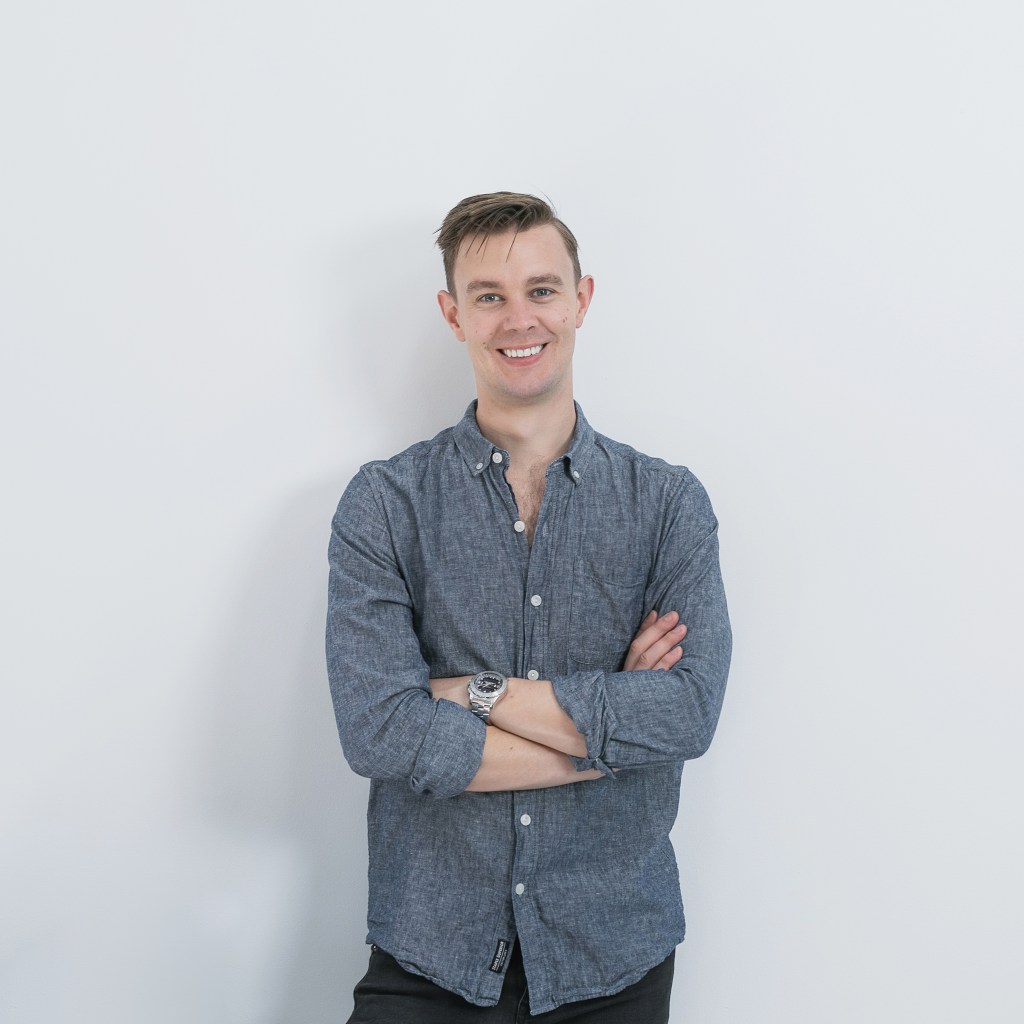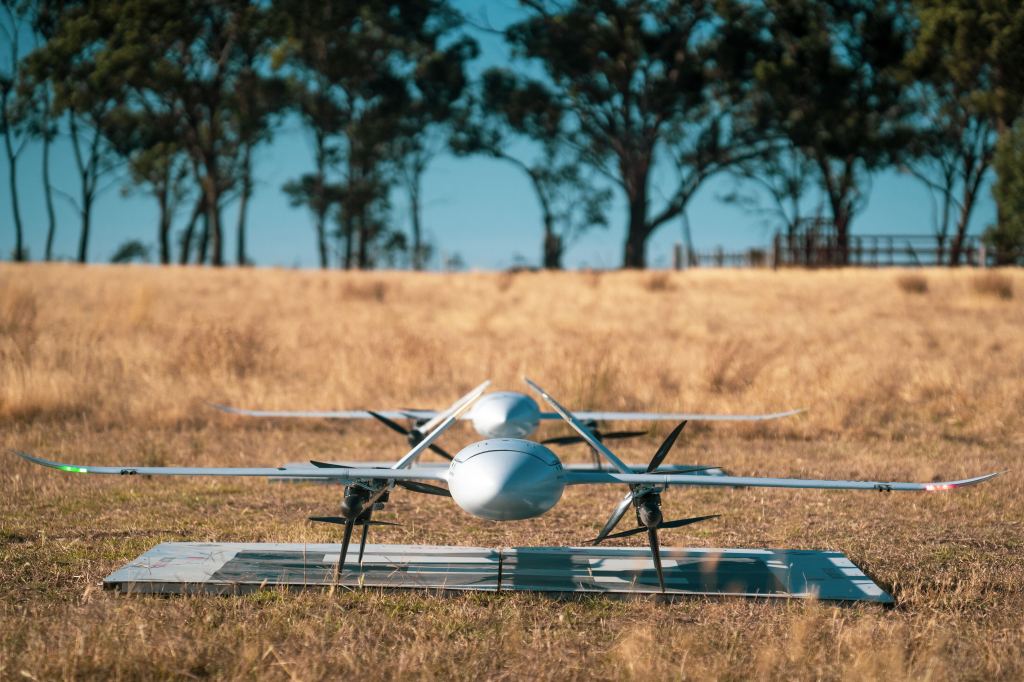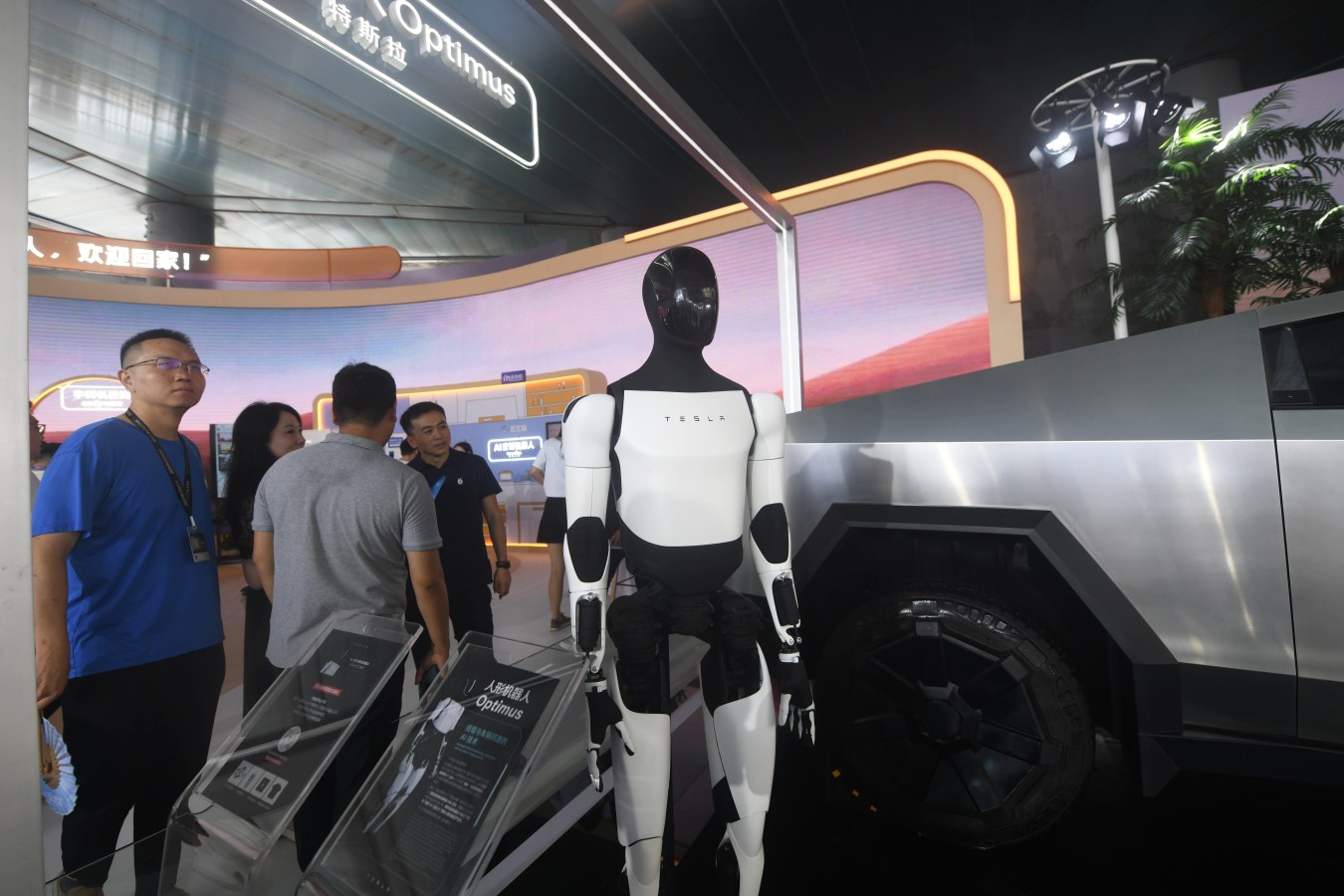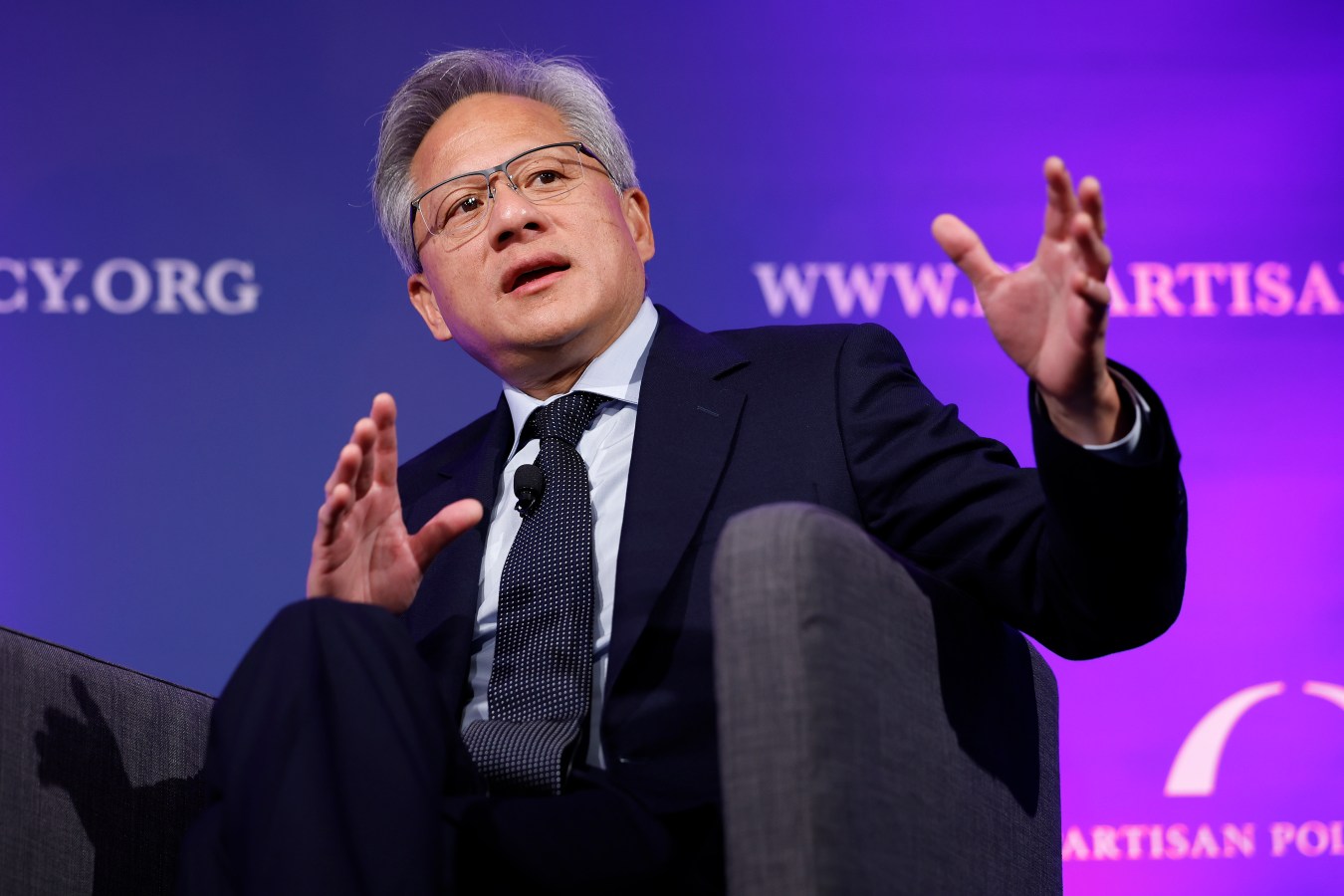Move over Google Wing: Melbourne-based drone services company Swoop Aero is changing the drone services game and attracting global attention.

Swoop Aero co-founder Eric Peck broke the speed of sound the day before his 21st birthday. He also received his Hercules aircraft captaincy two weeks after turning 25. He is somewhat “miffed” by that fact, however, because he wanted to do it before that birthday.
It shows a level of determination, along with a desire to challenge the status quo, that has helped Peck to build Swoop Aero – a Melbourne-based drone services company challenging the likes of Google Wing. Swoop and Google Wing are now the only two drone services companies in Australia to hold licenses with the Civil Aviation Safety Authority.
Peck and co-founder Joshua Tepper founded Swoop in 2017 after noticing a niche in the drone delivery space – using drones to get crucial supplies to remote areas. Swoop Aero operates in several countries, including Australia, New Zealand, Malawi, DR Congo, Namibia, and Mozambique and has already completed around 24,000 successful flights worldwide.
“One thing I noticed through working in the air force is the impact that aviation can have on society,” he says. “It showed me how quickly this invisible highway in the sky could come in and help so many people very efficiently. I just think it’s the right thing to do.”
Swoop is in the middle of a $US40 million capital raise in the United States and has already secured around $US20 million. It plans to be a $100 million revenue business by 2025. The World Economic Forum has recognised it as a Global Innovator.

Unlike some rival drone companies in the defence space, Swoop Aero’s business pillars are medical transport, disaster response and emergency management, environmental monitoring and maritime logistics. But Peck says it will maintain a focus on its humanitarian work in emerging countries as it continues to roll out its technology in high-income countries.
When completed, Swoop Aero’s latest network in Southern Queensland will be the world’s largest drone services network. Partially funded by the Federal Government, the network will deliver “every service a drone can that creates value and impact in an ethical way” to commercial clients such as the Marter Private Hospital and Darling Downs Health Service and government organisations, Peck says.
“The technology companies will often come in, work for a year and do all this really good stuff, then they raise a stack of cash, and they go back and implement this new technology which has been trialled and developed thanks to having a product in the emerging world, then all of a sudden it’s only impacting people in high-income countries,” he says.
“Through to the end of 2025, we have plans to deploy 10 networks in high-income counties – the first two are in Australia, and the other eight are in a range of countries overseas. Alongside that, we will deploy six additional impact networks in lower-income countries.”
“This beautiful new invisible infrastructure layer for society will enable the next giant leap in how essential supplies and services are delivered.”
Eric Peck, co-founder Swoop Aero
As a Hercules pilot, Peck completed numerous missions in the Asia Pacific region and tours in Iraq and Afghanistan. He even tried his hand as a fighter jet pilot but didn’t have the stomach for it. Peck says his Airforce background has given him a unique perspective on drone technology and its capabilities.
“I think the military background has allowed me, and others in the team as well, to understand the right structures to put in place without cramping the innovation side…and keeping the operations safe.”
“Between 2013 and 2016, I responded to just about every humanitarian disaster in the APAC region as part of Hercules – then two tours, one predominately in Afghanistan and one in Iraq.”
After returning to Australia and completing an MBA, he worked for a start-up, then Deloitte Australia, where he conducted a drone project around delivering chemotherapy to rural NSW.
He met Swoop Aero co-founder Joshua Tepper, and the pair began strategising about building their drones and offering delivery services.
“We had to combine start-up culture, like creating something that has never been done before, with the culture of aviation, where everyone follows the rules. Then there’s this structured execution process where we deploy a logistics framework into an emerging country.”
“We saw many people coming out of school and university and turning their hobby or project into a delivery drone. We thought the better thing to do was to take that 70-tonne Hercules and shrink it into an electric, autonomous aeroplane and use software to automate everything around it,” Peck says. “So rather than have 70 maintainers to look after one Hercules, we could have one maintainer looking after 70 kites [kites are the name given to Swoop’s aircraft].”
Swoop Aero now has structures in place where it sends its young Australian country managers to a region – such as Africa – where they recruit and train local staff, and then within three months, the area can be managed by a local team.
“I was given a lot of responsibility at a young age, so I am happy I can do this within our team. They’re super intelligent and driven, and it’s great to give young people these opportunities and responsibilities like I was.”



